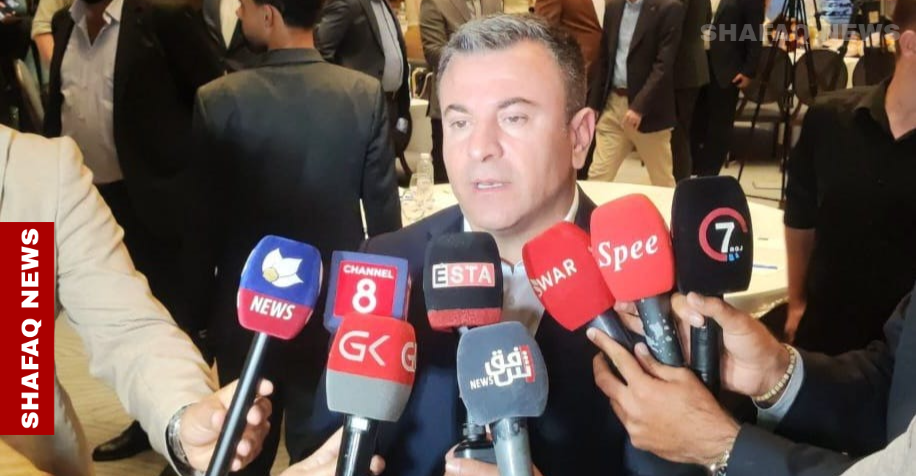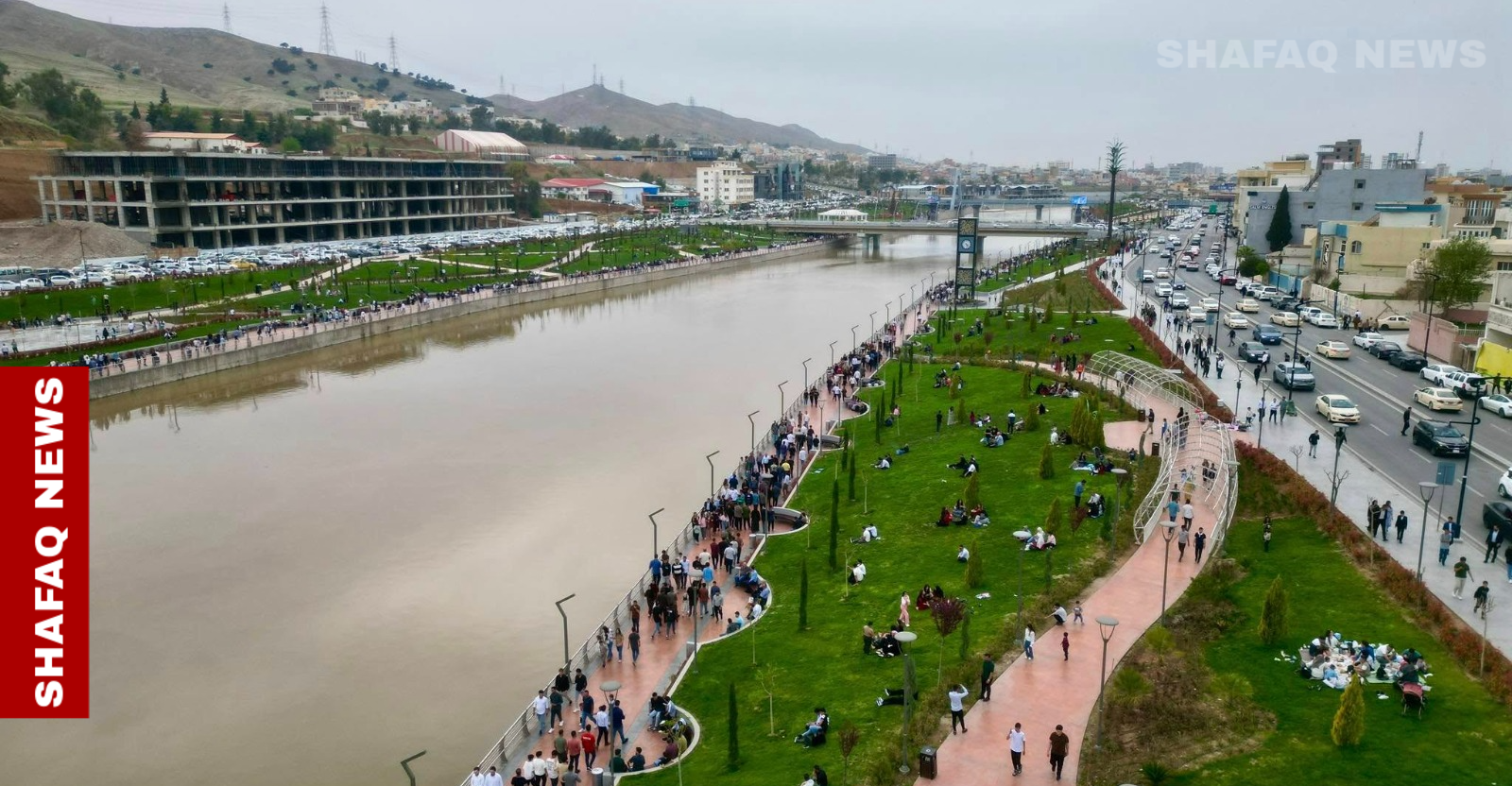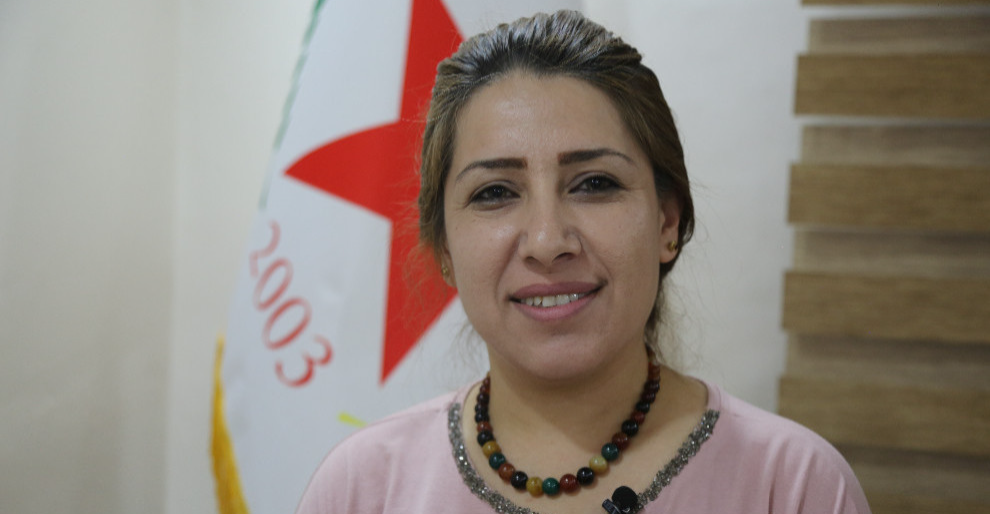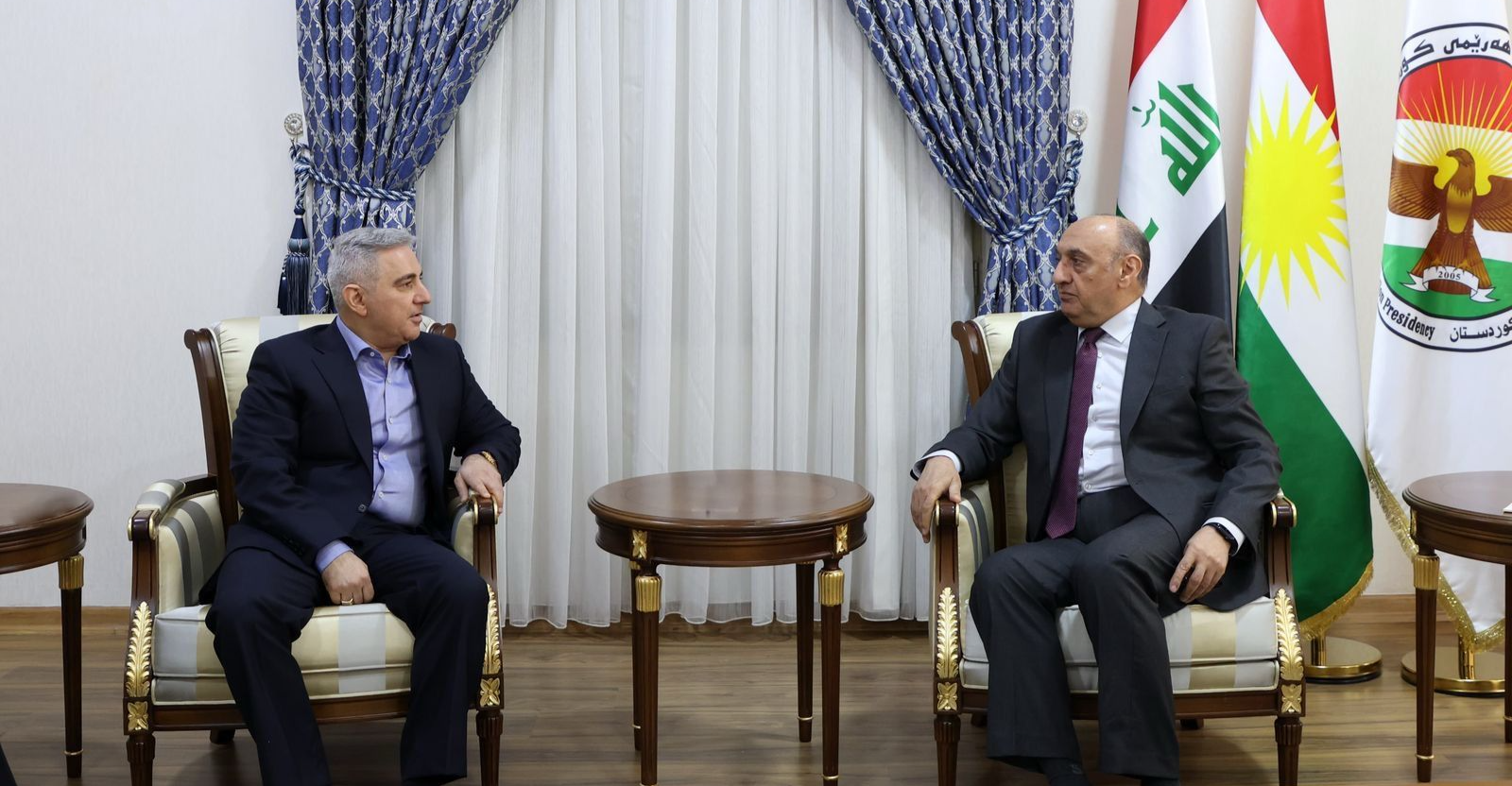The Axis of Resistance retreating: will Iraq be the next to shift after Syria and Lebanon?
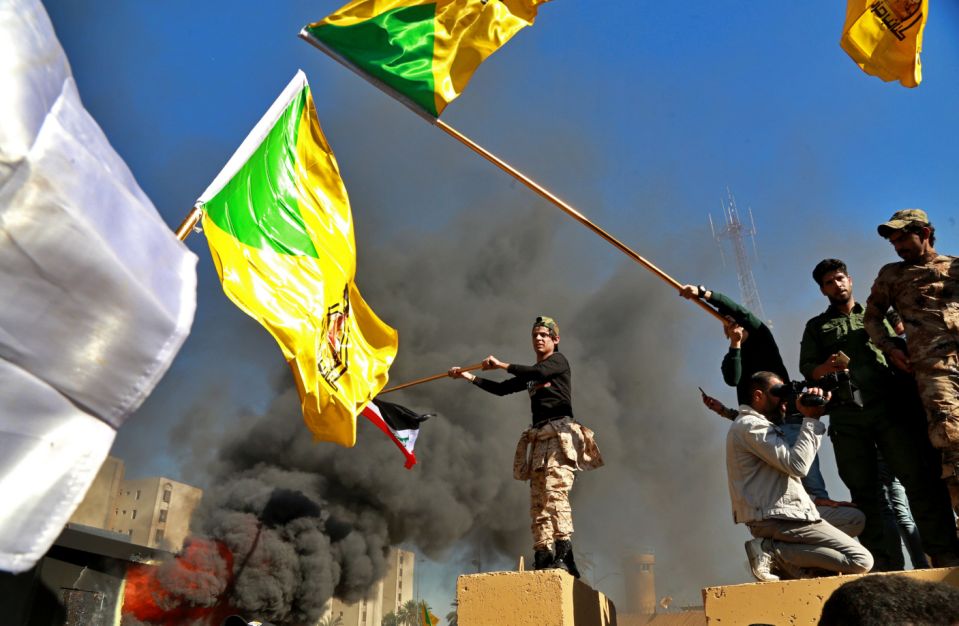
Shafaq News/ Iraq stands at a critical political crossroads.After the regional shifts in Lebanon and Syria, observers believe Iraq faceslimited strategic options.
Following the election of a new Lebanese president, backedby the US and Saudi Arabia, and a settlement forced on Hezbollah due to themilitary setback it suffered in its recent conflict with Israel, coupled withthe rise of a new administration in Syria that opposes Iranian influence in theregion, what is left for Iraq to do?
According to analysts, the test for Iraq lies in its choicebetween neutrality, preserving its sovereignty and independence, or remainingwithin the "Axis of Resistance", a choice that could have significantpolitical, economic, and security repercussions.
Iran and its allied forces in Iraq, Syria, and Lebanon havesuffered a severe blow. As a result, Tehran entered a phase of"backlash" following the export of its revolutionary project in 1979,as noted by Dr. Haytham Al-Heiti, a political science professor at theUniversity of Exeter.
Al-Heiti explains in an interview with Shafaq News thatIran’s influence in Lebanon and Syria has ended, a situation that could reverseback into Iraq and even into Iran itself. “This reversal will have a profoundeffect on both Iraq and Iran, as the foundation of the Iranian system is rootedin the export of its revolution.”
Looking ahead, Al-Heiti expects Iran to increasingly clingto Iraq, as losing it would signal "the end of the Iranian regime".This puts Iraq, in his view, at a decisive crossroads: either Iran strengthensits influence there or ends it altogether—something that will be shaped byTrump’s policies toward Iraq.
He doesn’t anticipate the Trump administrationrelinquishing its influence in Iraq or focusing solely on Lebanon and Syria."The Trump administration seeks a significant role in Iraq," heargues, predicting that Iranian influence will recede further into Tehran.
"Iraq is America’s prize," he says, explainingthat Iraq’s energy resources and strategic location make it far moresignificant than Syria or Lebanon in terms of global power dynamics, especiallyregarding Chinese influence.
In response to attacks on Amercian bases in Syria, Iraq,and Jordan, -One such attack resulted in the death of two American soldiers- USforces targeted several leaders of Iran-backed factions.
Al-Heiti asserts that while Syria and Lebanon's shifts weredriven by Israeli threats, Iraq’s role has not been a direct threat but asupporter for those challenging Israel, a role now diminishing.
Iraq’s significance, he argues, lies in its strategicposition as a gateway to Iran and China, which necessitates a substantial USeconomic not military role to prompt internal change.
Regarding the election of Joseph Aoun as Lebanon’spresident, Al-Heiti believes the new president, known for his previousopposition to Hezbollah, could mark a shift in the "Axis ofResistance." He suggests that Aoun, having benefitted from Hezbollah’sdecline, will push the party to transform into a political entity only.
Aoun was elected after a series of consultations involvingthe US, France, Egypt, Saudi Arabia, and Qatar, and an internal consensus amongLebanese parliamentary blocs.
Lebanese political analyst George Alam notes that Aoun’sinaugural speech outlined the government’s priorities, with a focus onLebanon’s security, particularly in the south, which continues to sufferIsraeli violations despite a ceasefire agreement.
Alam highlights that Aoun, with his military background, iswell aware of the situation along the border and of the ongoing Israeliviolations. Under the ceasefire agreement, the Lebanese army, in collaborationwith UNIFIL, is tasked with enforcing sovereignty in the south, althoughIsraeli violations persist as the ceasefire enters its second phase.
He anticipates that Hezbollah will likely refrain from anymilitary action against Israel after Aoun’s election, leaving the defense ofthe land to the Lebanese state and army.
US backing of the new president may lead to a de-escalationin the south and the implementation of UN Resolution 1701, especially with theUS insisting that Israel will withdraw from Lebanon by the end of the 60-dayceasefire.
These shifts in Lebanon and Syria are seen as a result ofthe retreat of the "Axis of Resistance," with Hezbollah’s acceptanceof a settlement potentially favorable to Israel, and Syria’s exit from the axiswithout resistance, as observed by strategic policy researcher Dr. Kazem Yaour.
He predicts that this retreat will extend to Iraq, giventhe involvement of various factions, parties, and political support within thisaxis.
Yaour explains that the influence of the "Axis of Resistance"in Lebanon and Syria is directly linked to the presence of such an axis, andthe same dynamics will play out in Iraq.
Observers note that Iraq is facing significant pressure tocurb the influence of resistance factions within its government and institutions,with calls to remove individuals or parties linked to the resistance in orderto extricate Iraq from this axis.
Earlier, Major General Esmail Qaani, commander of the QudsForce in Iran’s Revolutionary Guard, visited Baghdad and held discussions withseveral Iraqi officials and militia leaders.
Among the topics discussed was the restructuring offactions within the official Iraqi security apparatus.
The Al-Nujaba movement has given preliminary approval forits integration into the Iraqi military, with talks underway about itsreorganization in compliance with the directives of Iraq’s top militarycommander.


